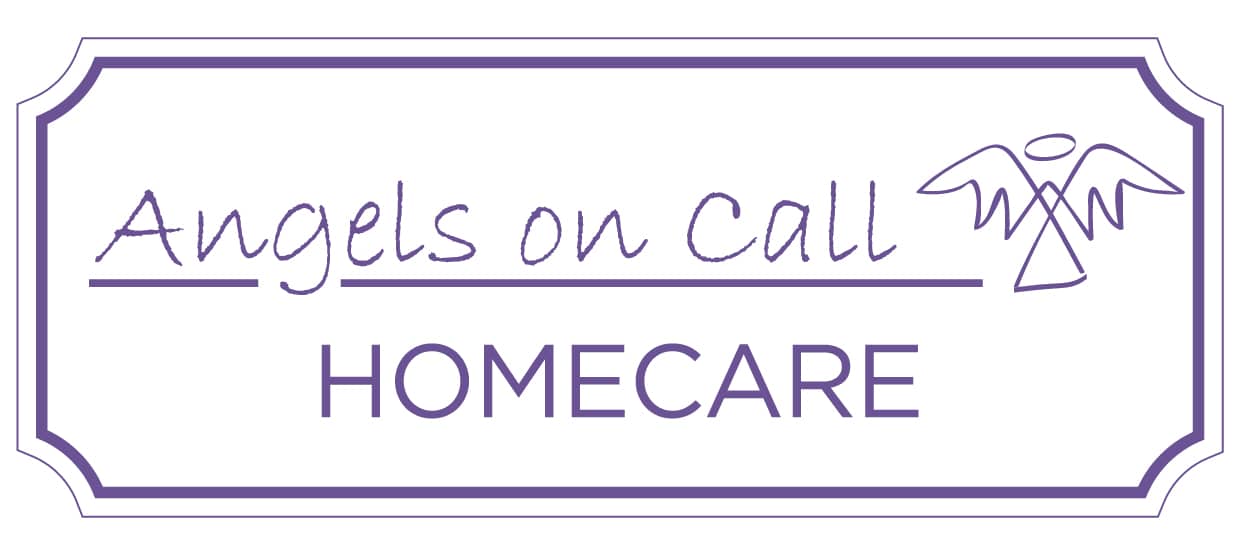
There are many options when it comes to overcoming an injury or illness, or in the event of deteriorating health related to chronic disease or aging. Knowing your options and the benefits will help you make the decision that promotes healing and supports your overall wellness. A few things to keep in mind when looking for the best post- acute care is what you will need. Do you need intense physical therapy or IV therapy? Are you able to move about independently to complete activities of daily living? How ready is your home to accommodate any new needs? Is home care an option or do you need full long-term care? Here, we will discuss some of the options and benefits of each.
Recovery Options
Extending Hospital Stay
Extending your hospital stay is not always an option, and can be incredibly expensive if you are able to swing it. Acute care hospital stays are meant to get you to a stable point and are not meant to support full recoveries or long-term care. Most hospital floors are willing to accommodate an extra day or two if you have good reasons and the funding to pay for it. Before you attempt to request a longer hospital stay, check what your insurance covers. Most insurances, including Medicare, only cover the minimum required for care and will require proof of need to stay based on diagnosis, treatment, condition, and outcome. If your request can be supported by documentation, it is likely to be covered, but check before you find yourself paying out of pocket.
Rehabilitation Centers
There are several options when looking into rehabilitation centers, depending on your needs and insurance. Stand alone rehab centers, or Skilled Nursing Facilities (SNF), offer the most intense physical and occupational therapy services, with two to three sessions for patients daily. These facilities also offer patient activities such as group exercise, bingo, or trivia nights to help patients get out up and out of their rooms and promote holistic recovery. Rehabilitation in an assisted living facility (ALF) offers rehab services as needed based on diagnosis, prognosis, and current condition. Assisted living facilities also offer group activities and assistance with activities of daily living (ADL). The primary difference between a SNF and an ALF is the length of stay. Most patients stay at a SNF for ten days to six weeks for recovery from an acute event such as a total knee replacement, stroke, or exacerbation of congestive heart failure. Once they are strong enough or have regained previous function, they return to their previous living situation. An ALF is typically a permanent change in living situation for patients who will require assistance for the duration of their life.
Long Term Care
Long term care facilities (LTC) or Nursing homes are a step up from an ALF in terms of assistance. The typical patient in an LTC requires extensive assistance with ADLs and have medical diagnosis that should be more closely monitored. LTCs are also for those who are physically limited, such as stroke induced paralysis, or mentally impaired, such as those affected by degenerative Alzheimer’s disease. LTCs are typically where residents live out their lives. Theses facilities also offer therapies and group activities, but are a permanent home for residents.
In Home Care
 In home care is an option that allows patients to return home after acute injury or illness and recover at home. In home care can be as minimal as weekly assessments or as involved as daily physical therapy, wound care, and assistance with ADLs. In home care is not limited to medical; in home services can include meal planning and preparation, housekeeping, and bathing assistance. Home care is the least limiting option as patients are not restricted to a facility and sleep in their own beds.
In home care is an option that allows patients to return home after acute injury or illness and recover at home. In home care can be as minimal as weekly assessments or as involved as daily physical therapy, wound care, and assistance with ADLs. In home care is not limited to medical; in home services can include meal planning and preparation, housekeeping, and bathing assistance. Home care is the least limiting option as patients are not restricted to a facility and sleep in their own beds.
Which Option is Best?
One study showed that only one percent less of patients who received home health as opposed to nursing home care were alive after one year, which means that difference is not significant enough to be a deciding factor. However, the same study did result that those who used home health options showed greater mobility, more toileting independence, fewer pressure ulcers, and less inpatient admissions. Those who used home health had fewer medical diagnosis, it is unclear if the two are casual or causual.
The answer to which one is best is not black and white and involves some self reflection, honest evaluation, and discussions with family and your insurance company. At Angels On-Call Homecare, we believe that the best option is the one that allows you to live your life as normally as possible, and that home is the best place in the world. This is not to say that a SNF, ALF, or LTC is the wrong option or will not benefit you; based on your needs and living situation, these very well may be the best option for you. But, if you can be at home, we can help make it more comfortable.




